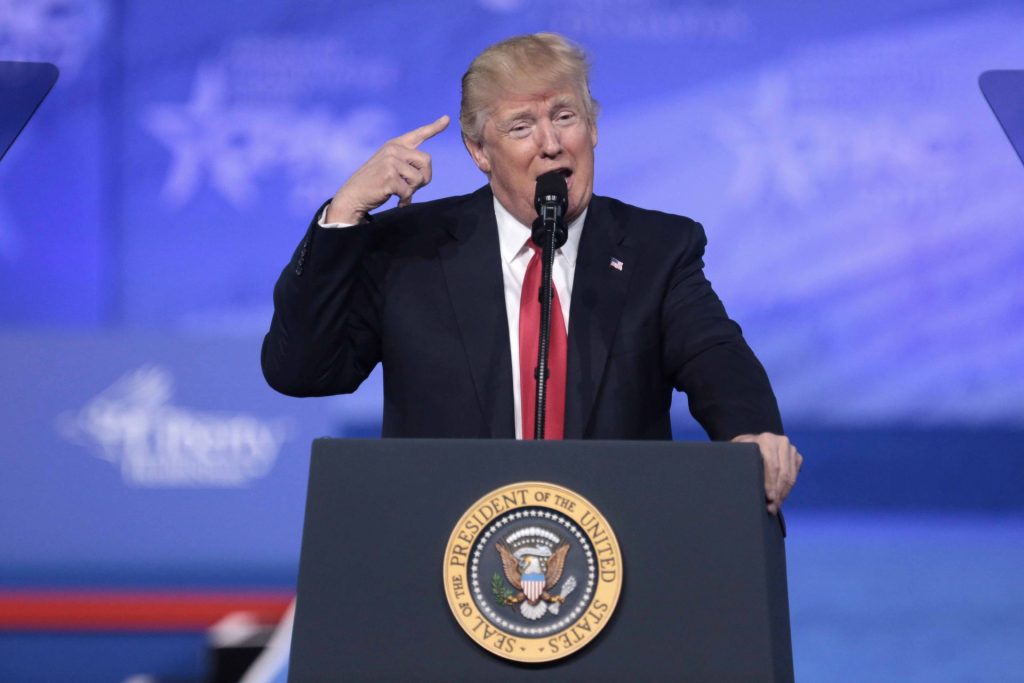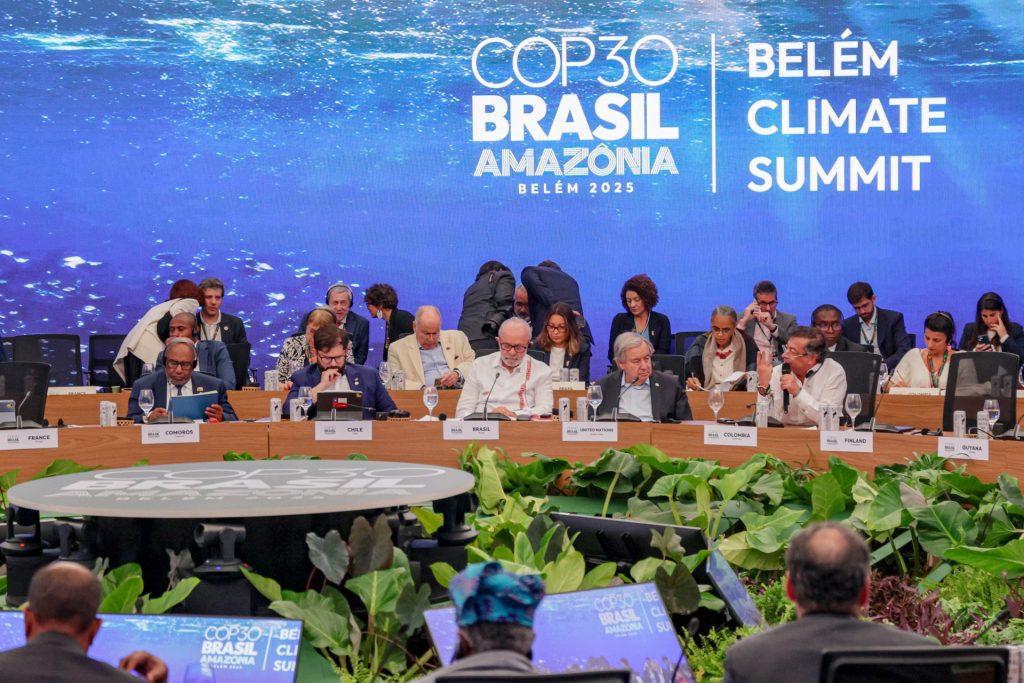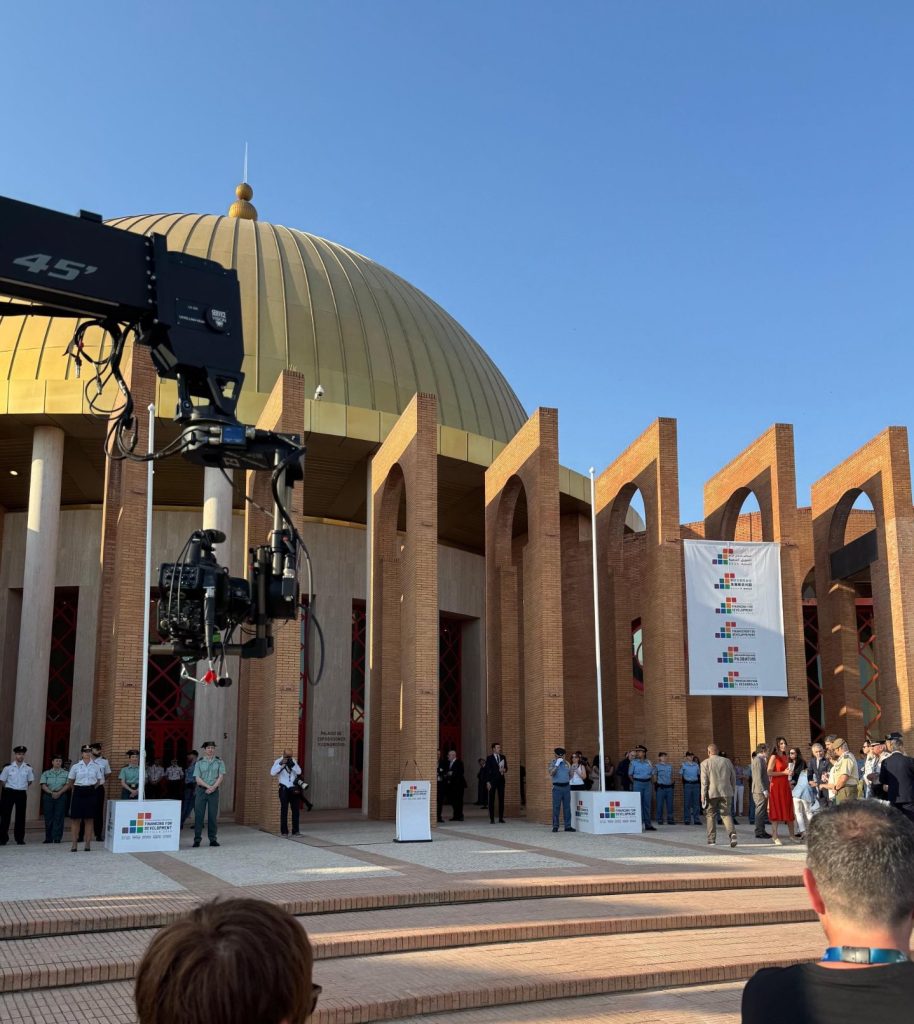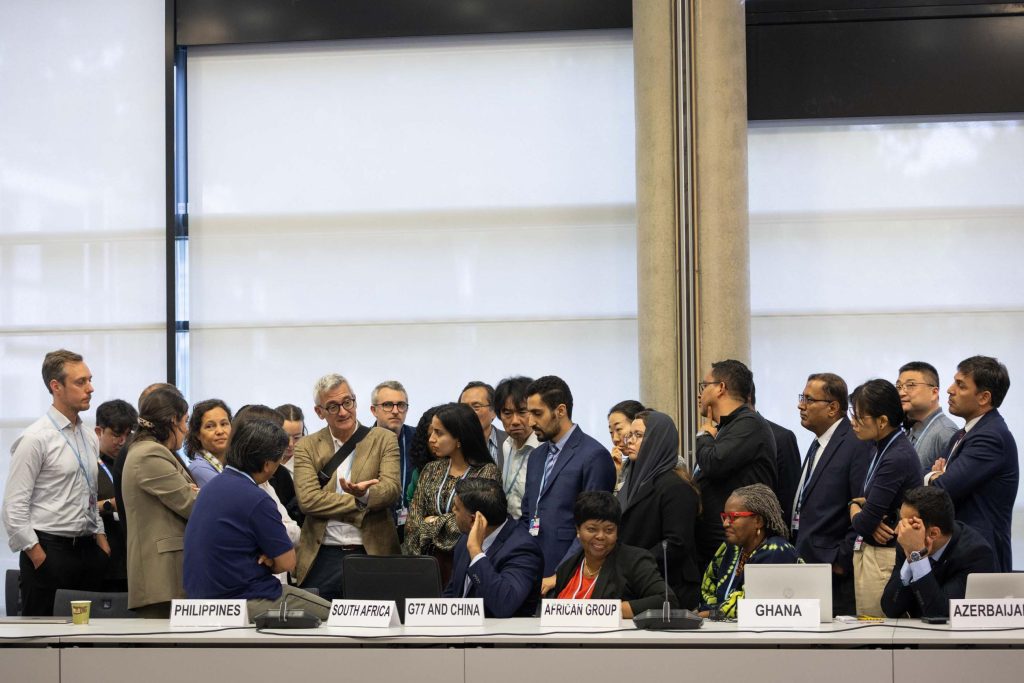Kenyan President, William Samoei Ruto, and current chair of the African Union’s Committee of African Heads of State and Government on Climate Change (CAHOSCC), has been pushing for debt repayments to go hand in hand with support for those most affected by climate change. In a Financial Times interview, he stated that his ambition went beyond just the rechannelling of the IMF’s Special Drawing Rights (SDRs) to developing countries, and “pause clauses” for debt, to push for reforms that enable African countries to access finance with urgency and scale. Ruto is looking for multilateral lenders to provide at least $500 billion/year for at least a decade to settle existing debts and free up domestic resources for climate and development priorities.
Criticising the existing architecture for multilateral development banks, Ruto argues that they are “wired for something else”, unfit to meet present challenges, and beholden to national and shareholder interests. What is needed, he believes, is a new and more representative financial mechanism, that is financed by tax and levy initiatives, such as a global carbon tax. A global “green bank” of sorts. He indicated that Kenya, for example is willing to meet a carbon price of $25/tonne (as recommended by the IMF) and that approximately $1.5 to $2 trillion could be collectively raised through other levies such as a global financial transaction tax, and levies from shipping and aviation. This, he believes, is preferable to the exorbitant debt servicing costs the country currently pays, somewhere in the region of eight times more in interest rates on money borrowed from the World Bank and IMF. His feeling is that the Loss and Damage fund is “a waste of time” because it depends on countries taxing their own citizens in order to give these funds abroad, and it is tied to the contentious notions of historical responsibility and liability. A Green Bank funded by a global carbon tax and other sources, he believes, overcomes these challenges.
According to Ruto, the COP28 President, Sultan Al Jaber, is also behind the initiative, together with the rest of the African continent. While he does not suspect opposition from China, he does believe that existing western shareholders of the IMF and World Bank will push back against it.
Ruto’s hope is to build momentum behind the proposed Green Bank at the African Climate Summit, and to take this forward to the UN General Assembly and Climate Ambition Summit next month
Given the decades long struggle to achieve agreement on the creation of a loss and damage fund, reluctance within developed countries to further fragment the existing climate financial architecture, the commitment to reforming the IMF and World Bank by developed countries, and mixed sentiment amongst developing countries for a global carbon tax, it would be interesting to see the extent to which Ruto can garner support for his proposal.





